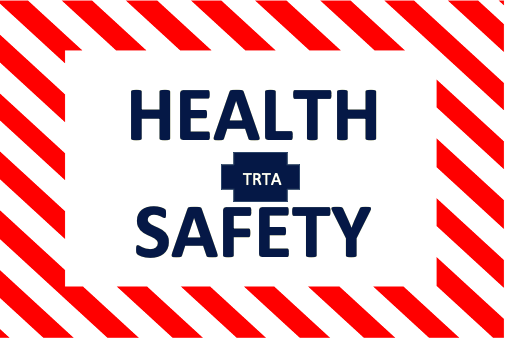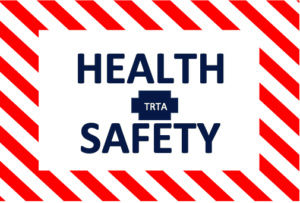Vaccines are necessary for healthy communities. A vaccine is a biological preparation that
provides active acquired immunity to a particular infectious disease. The vaccine stimulates the
body’s immune system to recognize and destroy the infections that it may face in the future.
Some vaccines offer full sterilizing immunity, in which infection is prevented completely.
Examples of diseases for which vaccines have been developed include mumps, measles, typhoid
fever, cholera, plague, tuberculosis, pneumococcal infection, tetanus, influenza, yellow fever,
hepatitis A, hepatitis B, some types of encephalitis, and typhus. Some of those vaccines are less
than 100% effective or they are used only in populations at risk. Vaccines against viruses provide
especially important immune protection; unlike bacterial viral infections which do not respond to
antibiotics.
Immunizations for older adults are an important part of preventive care and just as important to
your health as diet and exercise. As we age, our immune defenses weaken making it harder to
fight off foreign or harmful substances. This is the reason that a vaccine is so important. The
Centers for Disease Control and Prevention (CDC) recommends certain vaccines for seniors, but
some adults with specific health conditions should not get certain vaccines or should wait to get
them after talking with their physician. Your health insurance may cover the cost of certain
vaccines administered at your physician’s office or local pharmacy.
Recommended vaccines and immunizations for seniors include:
• Seasonal Flu Shot Vaccine (Annually)
• Tetanus, Diphtheria, and Pertussis (Every 10 Years)
• Shingles Vaccine
• Pneumococcal
• COVID-19 Vaccine
COVID 19 Vaccine is intended to provide acquired immunity against severe acute respiratory
syndrome coronavirus2. Immunity from the vaccines has been found to wane over time,
requiring booster doses.
vaccines.gov


